Abstract
Objective: Nutritional and lifestyle changes are the cornerstones of non-alcoholic fatty liver disease treatment. Therefore, dieticians play an important role in the treatment of non-alcoholic fatty liver disease. This study aimed to determine the awareness level of dieticians on non-alcoholic fatty liver disease. To the best of our knowledge, this is the first study in Türkiye on non-alcoholic fatty liver disease awareness among dieticians.
Methods: The study was performed between January and March 2019 with 100 dieticians working in private outpatient clinics or institutions in Istanbul who volunteered to participate. During face-to-face interviews, the dieticians were given a questionnaire covering work experience, number of clients diagnosed with non-alcoholic fatty liver disease and non-alcoholic fatty liver disease diagnosis, symptoms and nutritional treatment.
Results: The results revealed that 72% of the dieticians were seeing ≤10 patients with non-alcoholic fatty liver disease diagnosis per month and that the follow-up duration was ≤6 months for 89% of the dieticians. Less than half (45%) of the dieticians knew that non-alcoholic fatty liver disease is a serious disease that can progress to cirrhosis if left untreated. Only 3.6% of the dieticians who did not consider non-alcoholic fatty liver disease a serious disease followed up their patients for >6 months (P < .05).
Conclusion: The results of this study show that non-alcoholic fatty liver disease awareness among the dieticians is low and that they do not have adequate knowledge about the importance of effective long-term follow-up in non-alcoholic fatty liver disease treatment. Hence, the dieticians should receive further training on non-alcoholic fatty liver disease to improve the prognosis of this disease, on which nutritional factors have significant effects.

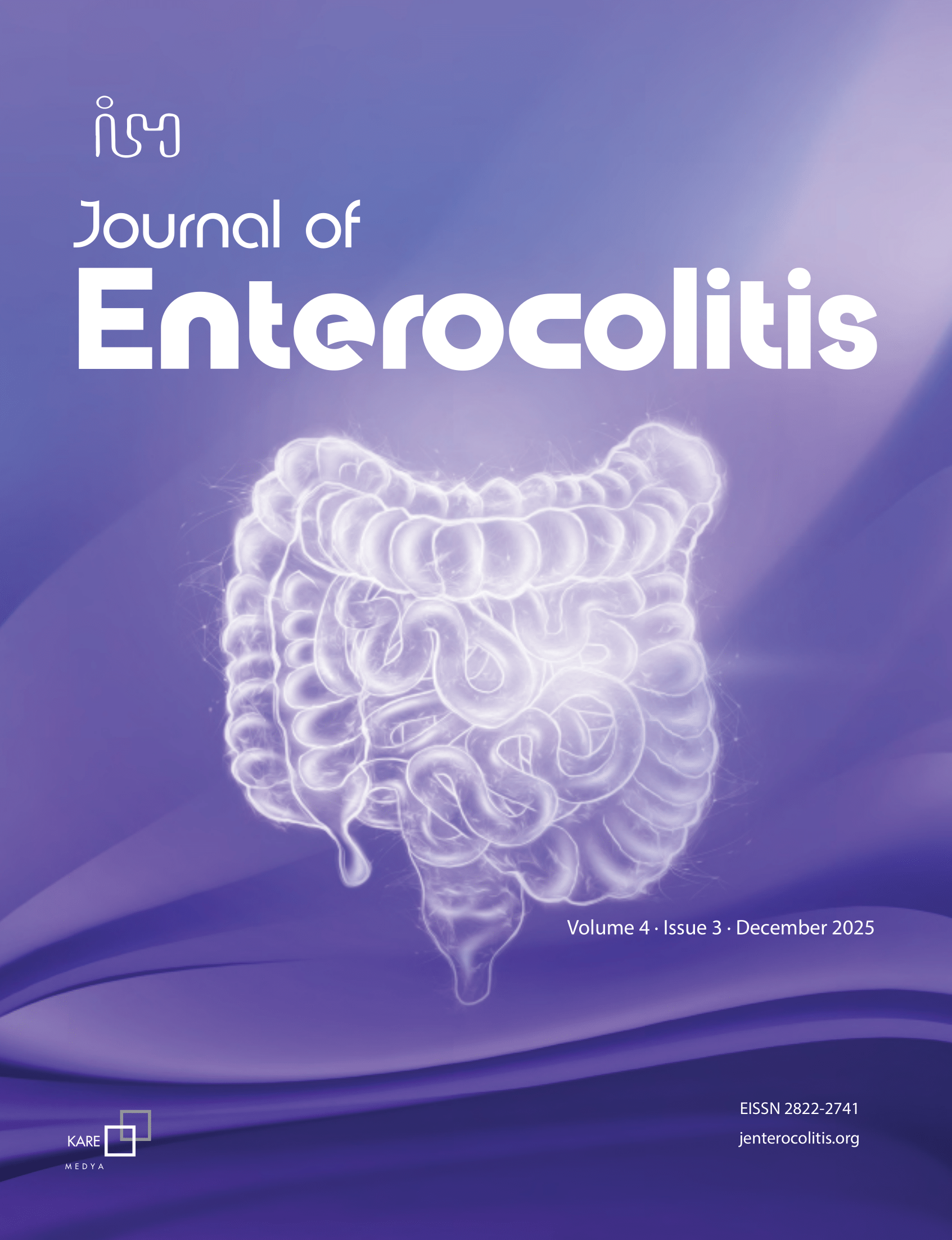
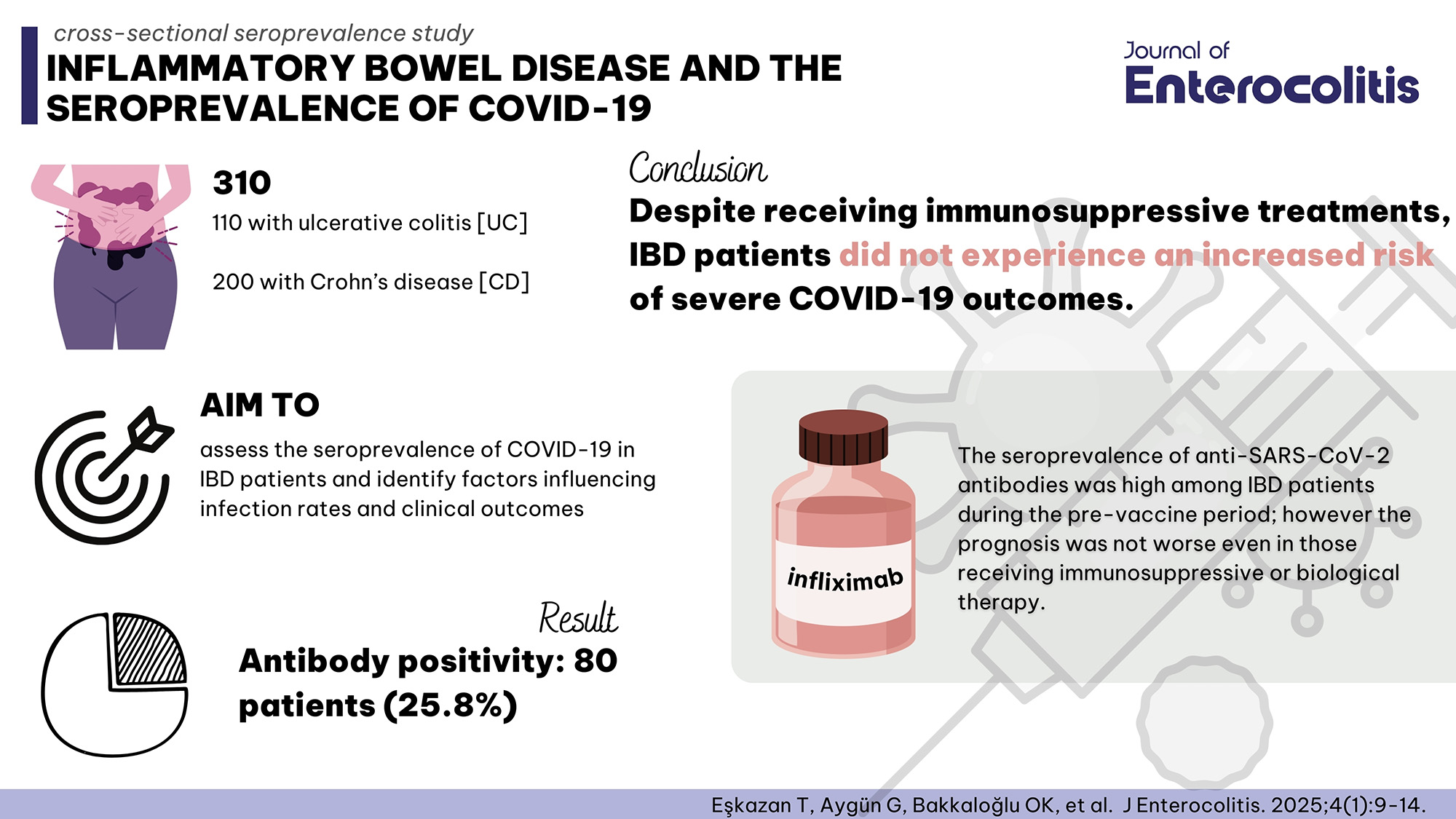
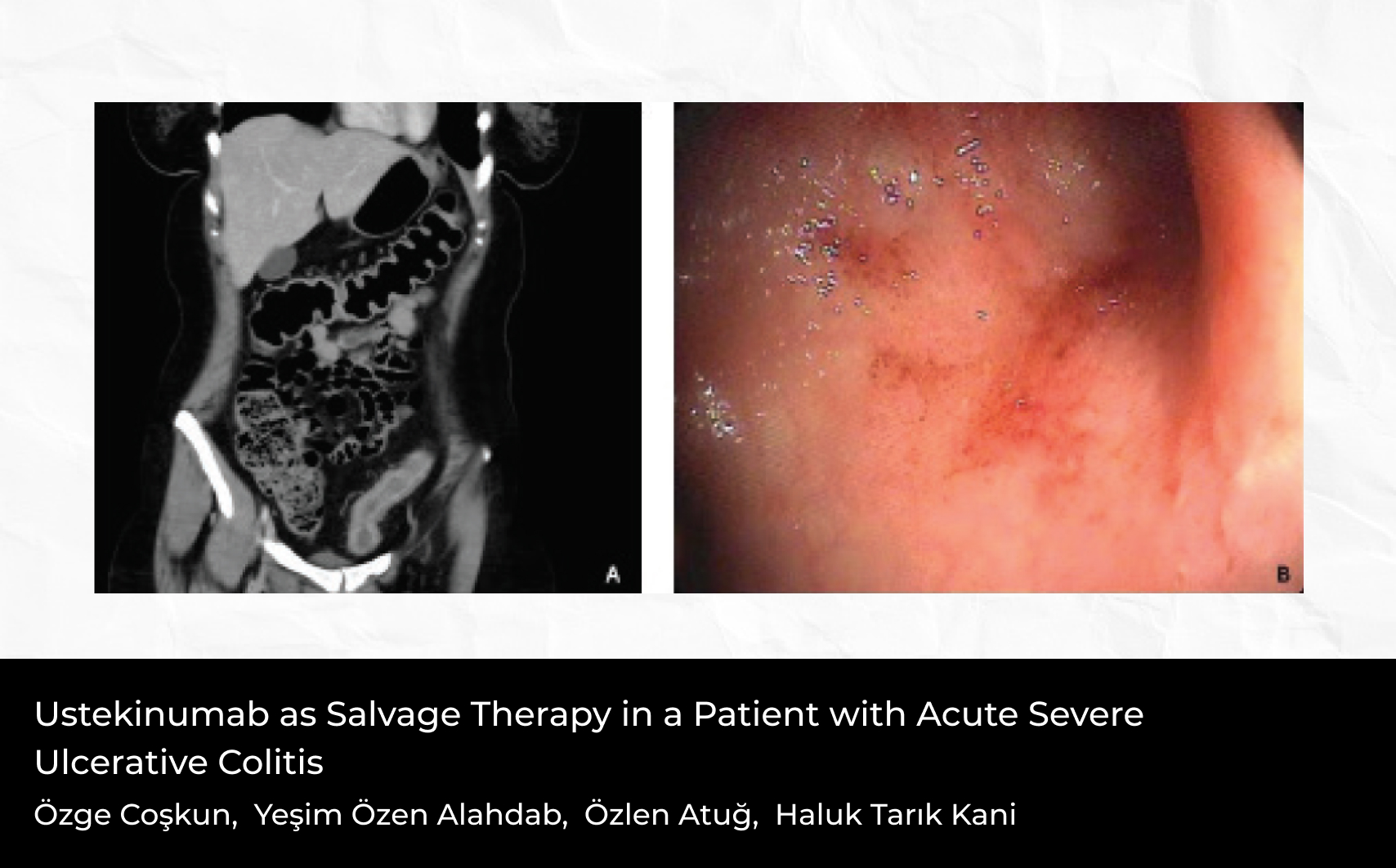
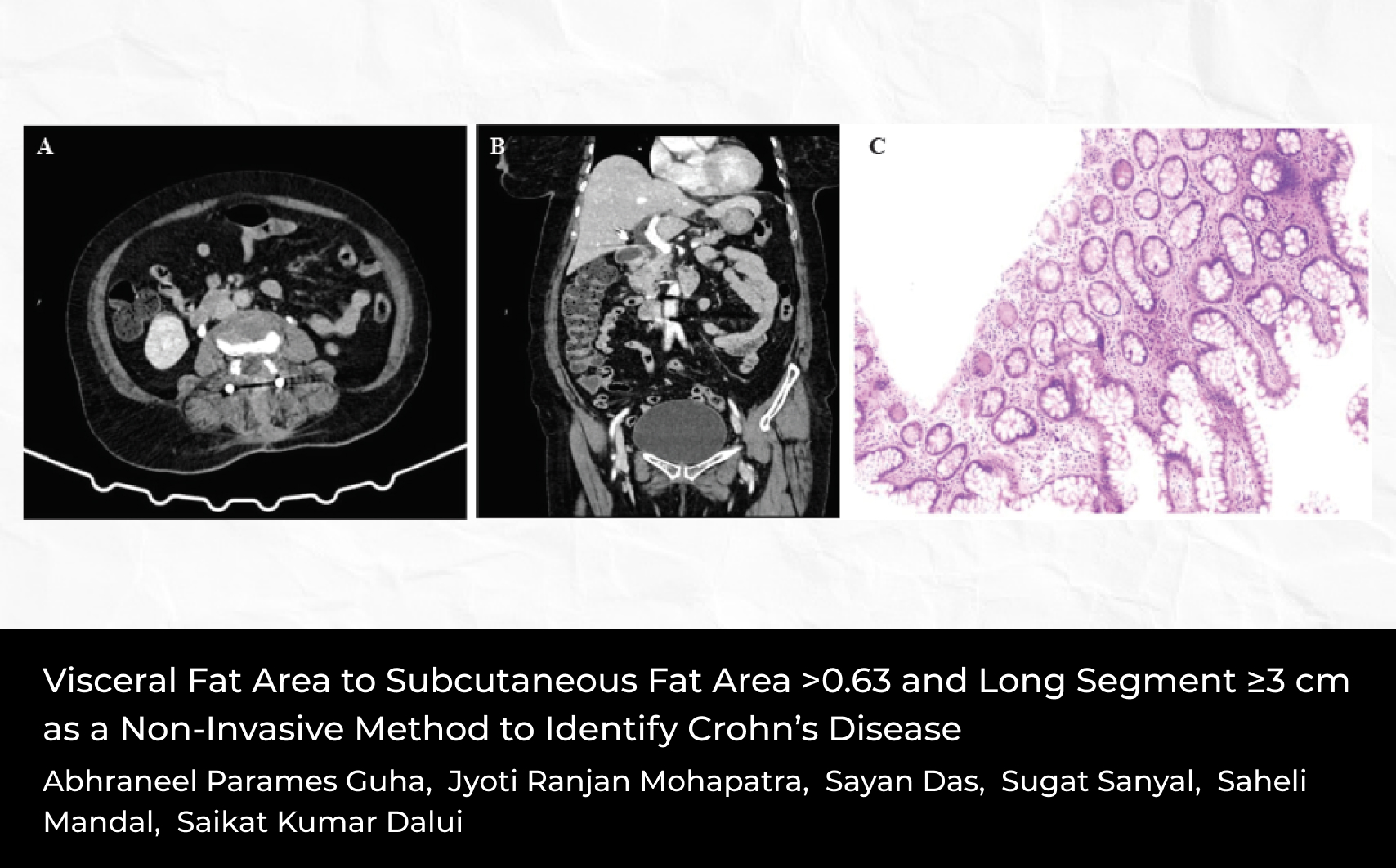
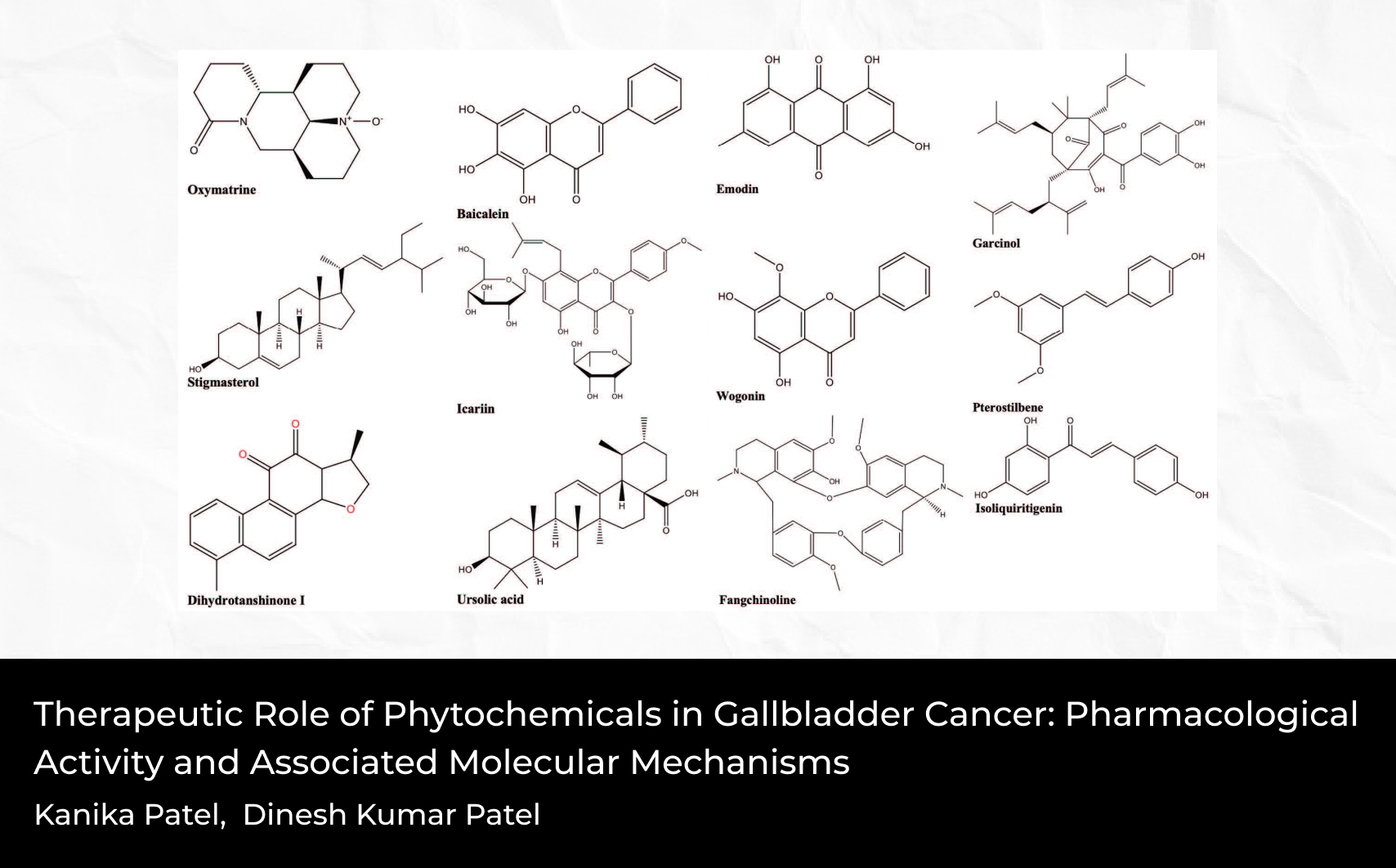
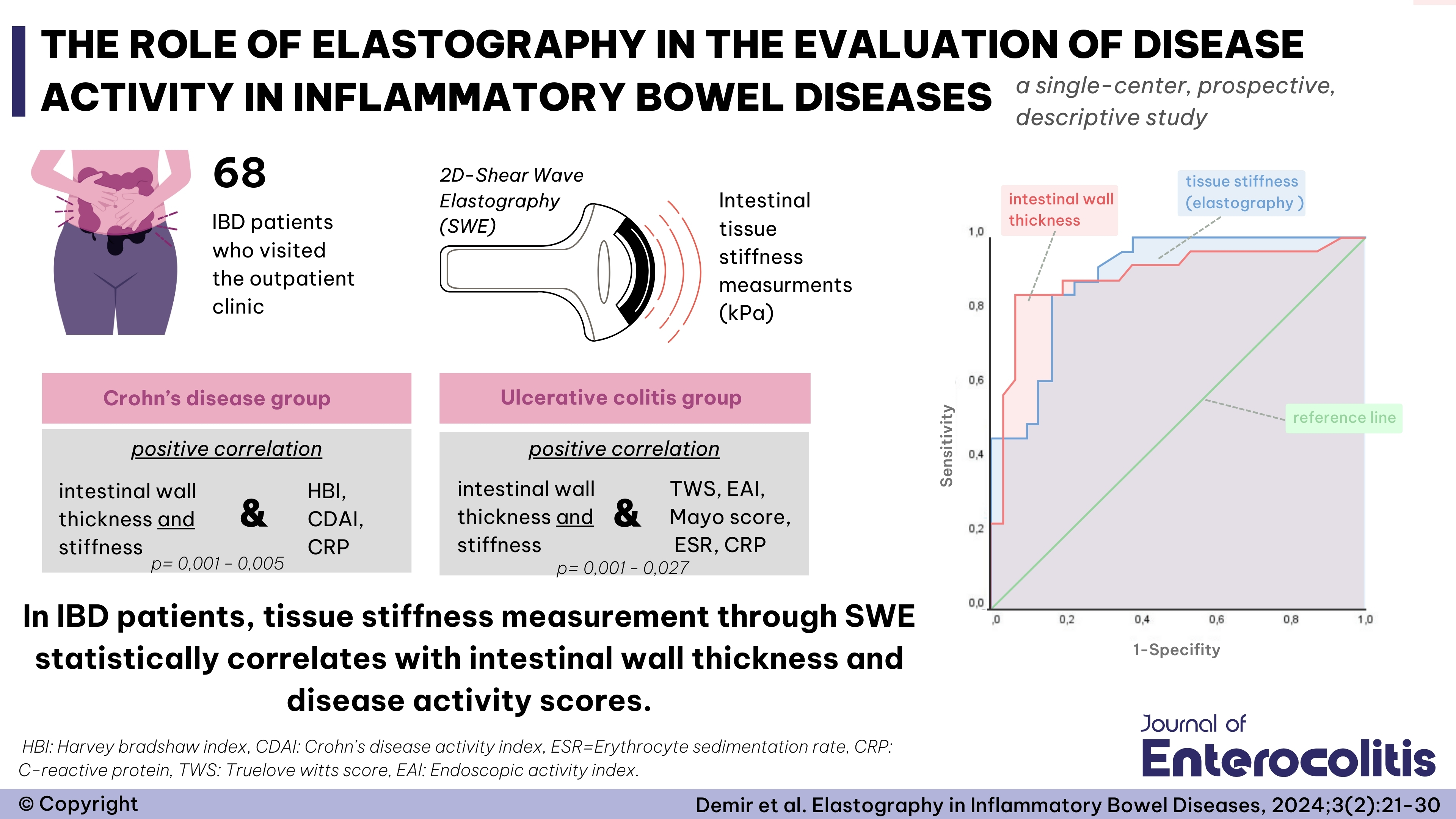
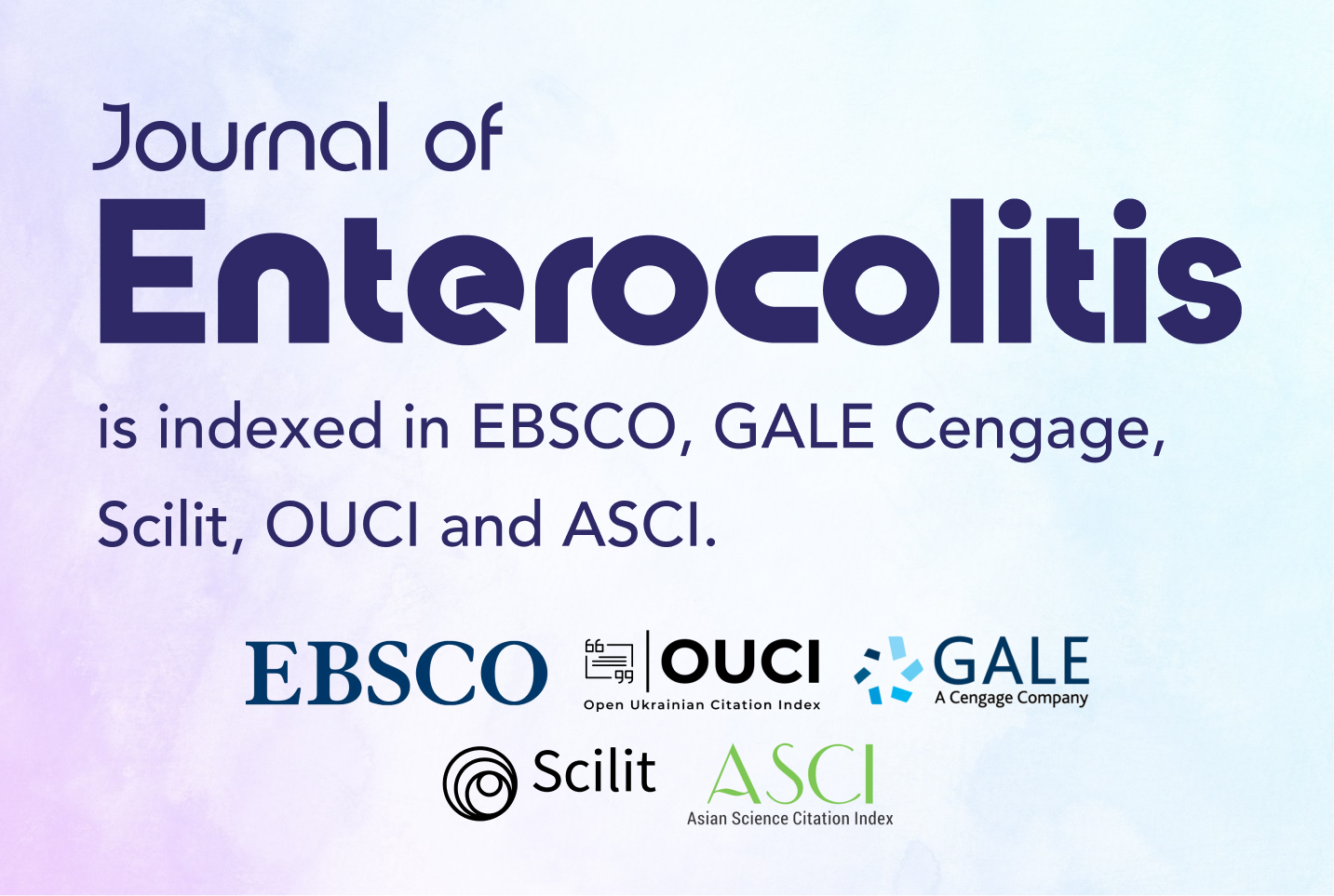
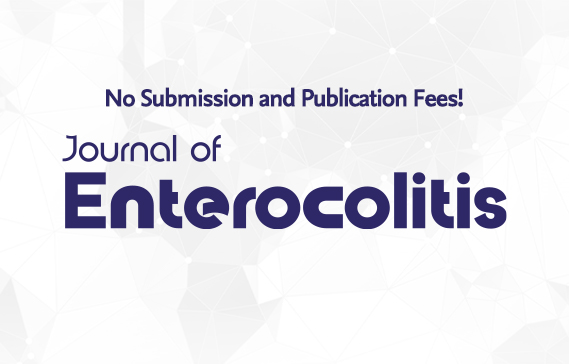
 Işıl Budak1
Işıl Budak1 






